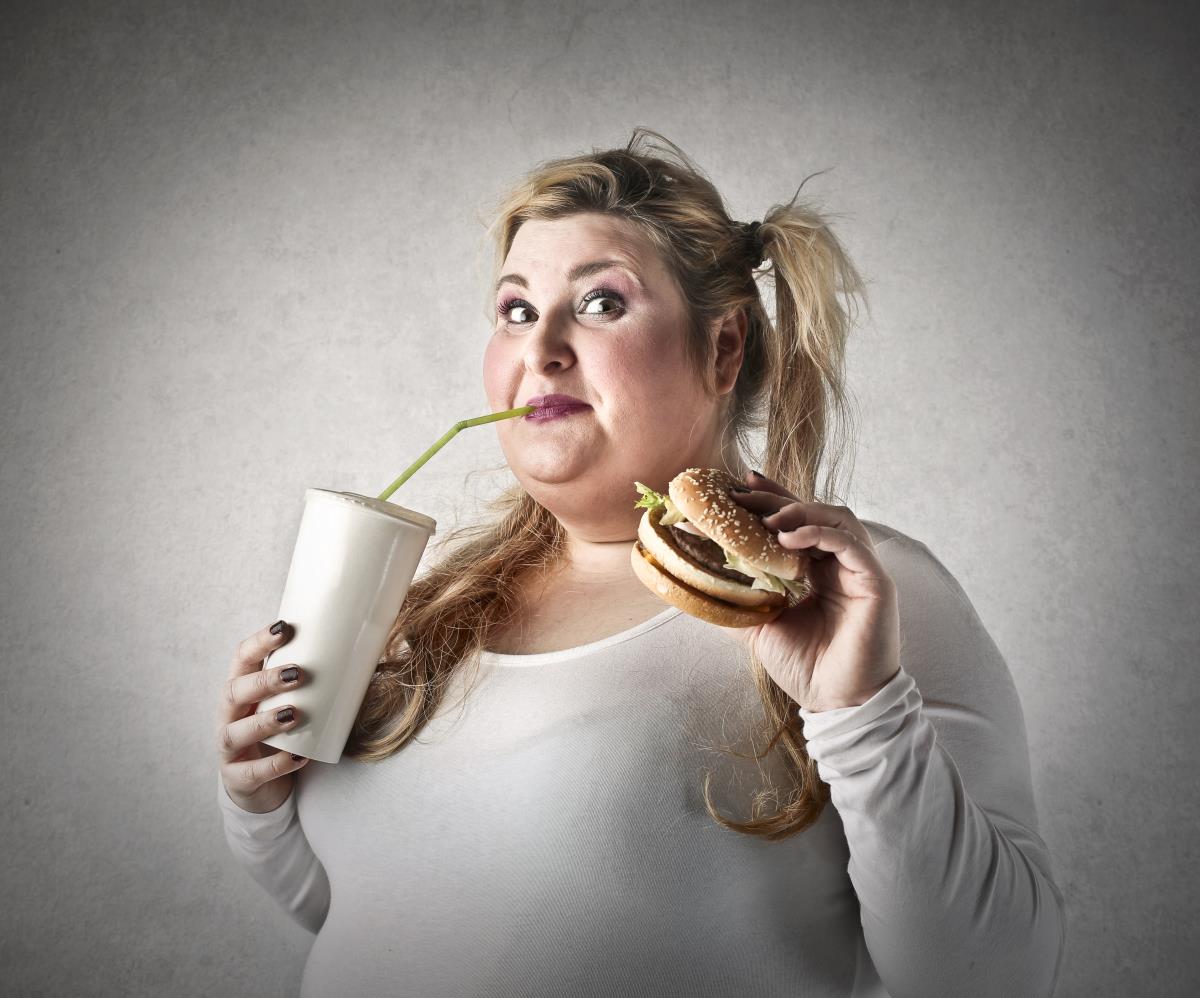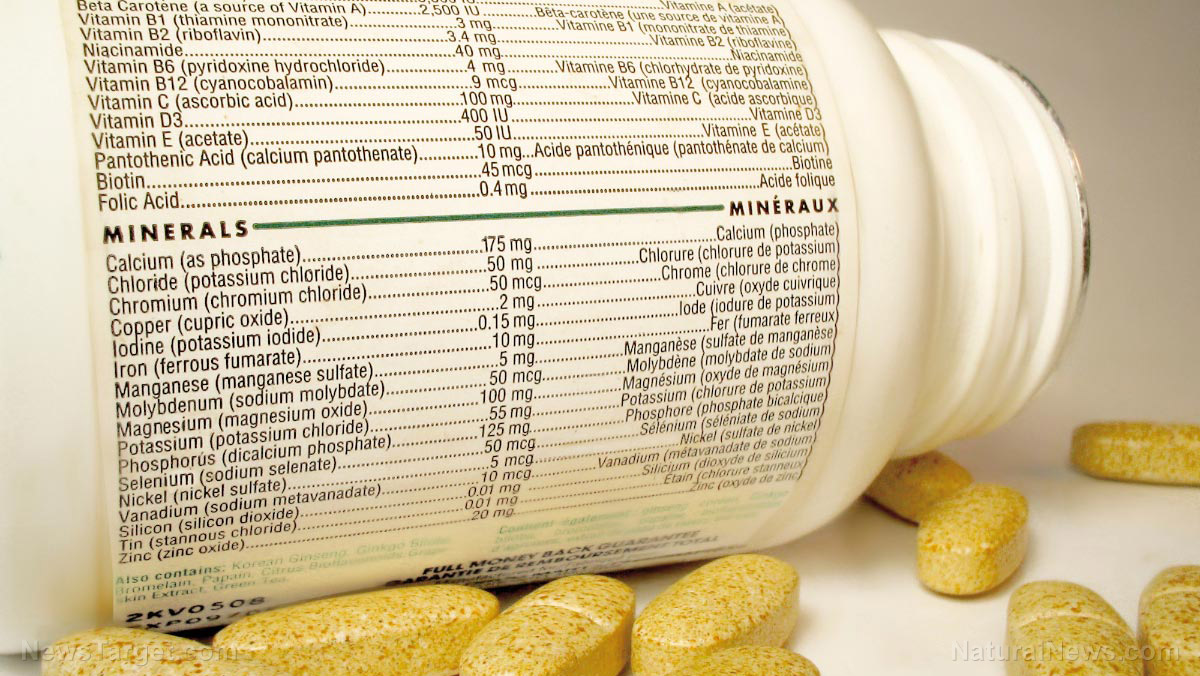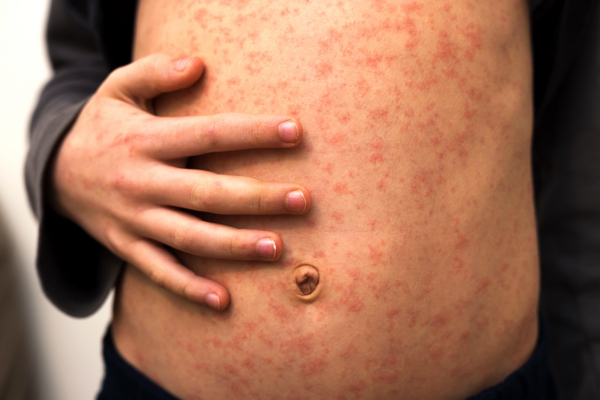 Parler
Parler Gab
Gab
- England bans junk food deals and free soda refills: As of October 2025, “buy one, get one free” offers on unhealthy foods and certain free drink refills are banned in England, applying to supermarkets, major retailers, and online vendors.
- Government targets obesity crisis: The Department of Health and Social Care said the restrictions are designed to tackle rising obesity rates—particularly among children—which cost the NHS billions annually.
- Advertising and placement curbs to follow: Starting January 2026, unhealthy food and drink ads will be banned before 9 PM on TV and online, and stores will face strict rules on product placement near checkouts, aisle ends, and entrances.
- Public reaction and scope of restrictions: Social media users expressed surprise at soda machines now limiting refills to low-sugar drinks; the rules cover any “less healthy” HFSS beverages, including sweetened coffee or tea, while excluding water and alcoholic drinks.
Free soda refills banned under new health laws
Under the new rules, businesses are prohibited from offering free refills of soft drinks classified as “less healthy” by the Nutrient Profiling Model (NPM). This includes most sugary sodas, sweetened coffees, and pre-sweetened teas. Consumers have already noticed changes in restaurants and fast-food chains, with soda machines now displaying notices stating that refills are only permitted for low-sugar or sugar-free drinks. These changes have sparked lively debate online, with many social media users expressing disbelief or frustration at what they see as government overreach into personal choices. The restrictions are part of a broader national strategy to tackle obesity, particularly among children. According to the Department of Health and Social Care (DHSC), obesity is one of the country’s most pressing health issues, costing the National Health Service (NHS) billions of pounds annually. “Obesity robs children of the best possible start in life, sets them up for a lifetime of health problems and costs the NHS billions,” the department said in a statement. The new measures are described as a “crucial step” toward improving the health and well-being of future generations. In addition to the soda refill and BOGOF bans, new advertising restrictions are also being introduced. Beginning in January 2026, commercials for unhealthy food and drinks will be prohibited on television before 9 PM, and all online promotions for such products will be banned entirely. The government has established a detailed classification system to determine which foods and beverages fall under the HFSS category, including items like sugary cereals, candies, cakes, chocolates, and salty snacks. The legislation also sets out strict rules for how and where unhealthy food can be displayed in stores. Businesses with a retail area exceeding 185.8 square meters (2,000 square feet) are banned from placing HFSS products near checkouts, store entrances, queuing areas, or at the ends of aisles—locations that typically encourage impulse purchases. Smaller stores and concessions, such as cafés or vending machine operators within larger shops, may be exempt from certain location-based restrictions depending on their size and layout. While the government argues that the policies will help reduce obesity and prevent diet-related diseases such as type 2 diabetes and heart disease, critics have raised concerns about their economic impact and potential “nanny state” implications. Industry groups warn that small businesses may struggle to comply with the complex new rules, while some consumers view the bans as an unnecessary intrusion into everyday choices. Despite mixed public reaction, health experts have largely welcomed the reforms. They note that limiting marketing and accessibility of sugary and high-fat foods has been shown to influence healthier purchasing habits, particularly among children and low-income households. For the UK government, the message is clear: promoting a healthier food environment is essential to reversing the country’s growing obesity crisis. Tune your food news frequency to FoodSupply.news and get updates on more junk science food stuff, like soda and diet soda, that corporate America loads the grocery store shelves and fast food joints with to drive up chronic diseases and disorders so Big Pharma can take your money. Sources for this article include: Gov.uk TheNationalPulse.com 1 TheNationalPulse.com 2Global health in peril: Flu outbreak cripples schools as cancer deaths projected to soar
By Patrick Lewis // Share
States take the lead as federal PFAS oversight lags, raising risk of widespread contamination
By Patrick Lewis // Share
Federal probe uncovers potential fraud in child gender treatments at major hospitals
By Willow Tohi // Share
Measles outbreak sparks debate over vaccine efficacy and public health policy
By Belle Carter // Share
Governments continue to obscure COVID-19 vaccine data amid rising concerns over excess deaths
By patricklewis // Share
Tech giant Microsoft backs EXTINCTION with its support of carbon capture programs
By ramontomeydw // Share
Germany to resume arms exports to Israel despite repeated ceasefire violations
By isabelle // Share










